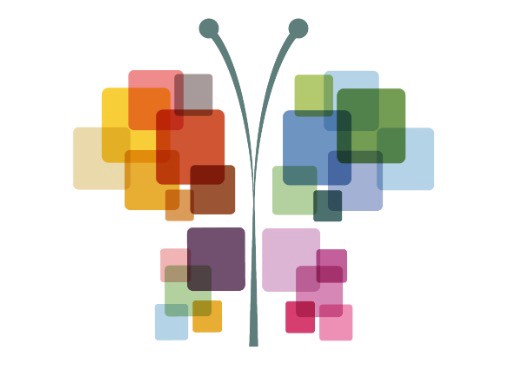
Nine years ago, a tiny software startup came out of nowhere to completely transform the transportation industry. Though not without its fits and starts, that transformation impacted not only consumers, whose lives became vastly improved by the convenience of an “Easy Button” on their phones that instantaneously transported them from one place to another, but also to an entirely new generation of drivers who could sustain or propel their livelihood through full or part time work. Today, it’s difficult to even imagine the world before ride sharing, and every conversation that I have with an Uber or Lyft driver gives me another glimpse into the life of a hard working person en route to fulfilling his or her life dreams.
Automation Leads to Transformation
In addition to drivers, the ride sharing industry is now made up of deliverers, shoppers, taskers, do-gooders and more, all made possible due to logistics software that efficiently connects the different constituents in the industry to reimagine how transportation could and should work. And don’t let the simplicity of these apps fool you; the technology behind the scenes that make it possible for a driver to reliably show up within minutes is far more complex than you can imagine. And yet with all that fancy wizardry, let’s not forget that much of our reaction to these new capabilities lies in our interactions with the people that are connected to the platform.
Read the rest of this post on Medium.

